Agents vs. Agencies: Who Do You Choose?
When it comes to the differences between commercial and residential real estate, the difference that stands out the most is in how prospective clients select their representation. In residential real estate, most people select their representation based on the agent and whether that agent works for ReMax or Century 21 is barely considered. If you need convincing, simply take a look at the residential real estate signs around your own neighbourhood—what’s more prominent, the agent’s name or the brokerage?
This makes perfect sense as the experience and competence of the agent you hire will make a much bigger difference than the brand name of the brokerage they work for; however, this logic is rarely followed in commercial real estate.
While I would argue that the experience and abilities of the agent play an even larger role in a commercial transaction versus a residential one, many medium and large corporations are inclined to hire the brand name brokerage as opposed to hiring the best agent for their needs. Why hasn’t commercial evolved as residential has?
Understanding the Commercial Real Estate Industry
The year is 1994: Jean Chrétien is Prime Minister, Boyz II Men’s I’ll Make Love To You is dominating the airwaves, Blockbuster is the place to go on Friday night, and I’m just starting my commercial real estate career.
Like most agents, I started at one of the “big guys”. The one I worked for was known at the time as CB Commercial (it is now CBRE), the others you’re most likely familiar with are Colliers, Jones Lang LaSalle (JLL), Avison, and Cushman & Wakefield. There’s no better place for a new agent than with one of the big guys. They offer training, managerial support, and most importantly provide the opportunity to learn from the senior, experienced agents.
For a young agent starting out, you’ve got to get with one of the big guys, but for an experienced agent, the big brokerages offer very little in terms of advantages.
How a Commercial Brokerage is Structured
To understand why it’s more important to hire an agent rather than a brokerage, you first have to understand how a commercial real estate brokerage is structured.
In Ontario, all brokers and brokerages are governed by the Real Estate Council of Ontario (RECO). The rules that all brokers and brokerages must follow are set out in the Real Estate and Business Broker Act (REBBA 2002) and enforced by RECO.
For an agent or broker to practice real estate in Ontario, a brokerage must hold their license. Each brokerage has one individual known as the Broker of Record; this person is responsible for ensuring all the agents working for that brokerage follow the rules set out in REBBA 2002 (of course, they have plenty of other responsibilities as well), but each agent operates much like they are running their own business.
Any of the “big guys” are in essence, a brokerage. Agents working for a brokerage are essentially operating their own business but need to be a part of the brokerage for legal reasons.
How a New Listing is Handled at a Large Brokerage
Now that you know how a big brokerage is structured, let me tell you how new listings are managed.
Let’s use an example: Brittany owns a 20,000 square foot industrial building and wants to sell it. She googles commercial real estate brokerages and finds a mix of both large and small brokerages. Thinking a larger brokerage will be better able to sell her property, she calls a huge multinational brokerage and signs on with an experienced agent.
Now, if Brittany we’re Apple or Amazon, there’s no question that the experienced agent she signed on with would be running point on her listing—but she’s not. The truth is, for a lot of industrial or office space owners, the experienced agent does the selling but a junior agent actually works the listing.
By choosing to go with the large brokerage, Brittany actually did herself a disservice. Now, a junior agent is handling her listing whereas if she had gone with a smaller, specialized brokerage, such as MCRE, her listing would be handled by an experienced and competent agent from beginning to end.
But surely, a larger brokerage must have better marketing clout? When I started out back in the 1990s, this was definitely true, but the internet has democratized everything. In real estate, data is everything, and before the world wide web, the large brokerages had all the data and the rest of us were out of luck.
That’s no longer the case. Thanks to the internet levelling the playing field, a small brokerage can do just as much for you as a large one—sometimes more!
Brokerage vs. The Agent
Selling your industrial or office space is often the most important financial decision you’ll ever make. Don’t gamble your most valuable asset on a brand name.
Interview several commercial real estate agents and choose the one whose experience and knowledge best suits your situation. Maybe your best choice works for one of the large brokerages or maybe they don’t—but don’t let brand names sway your decision. The best agent for the job is the one who has experience with buildings like yours, is passionate about your property, and with whom you have a genuine connection.
If you’re considering listing your property or are looking to lease or invest in commercial real estate, reach out to the experienced team at MCRE for a free consultation and learn what value a boutique real estate agency can add.

